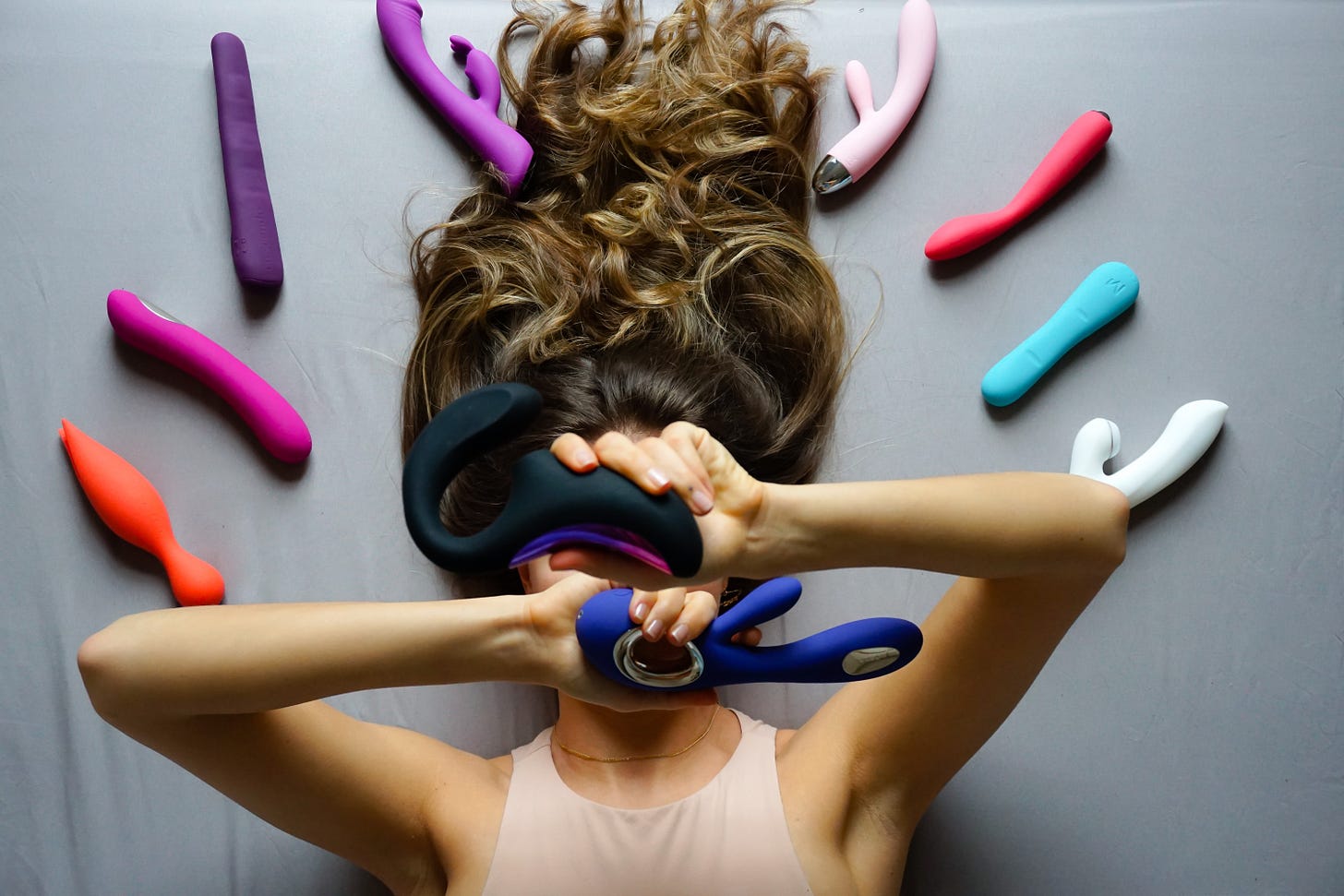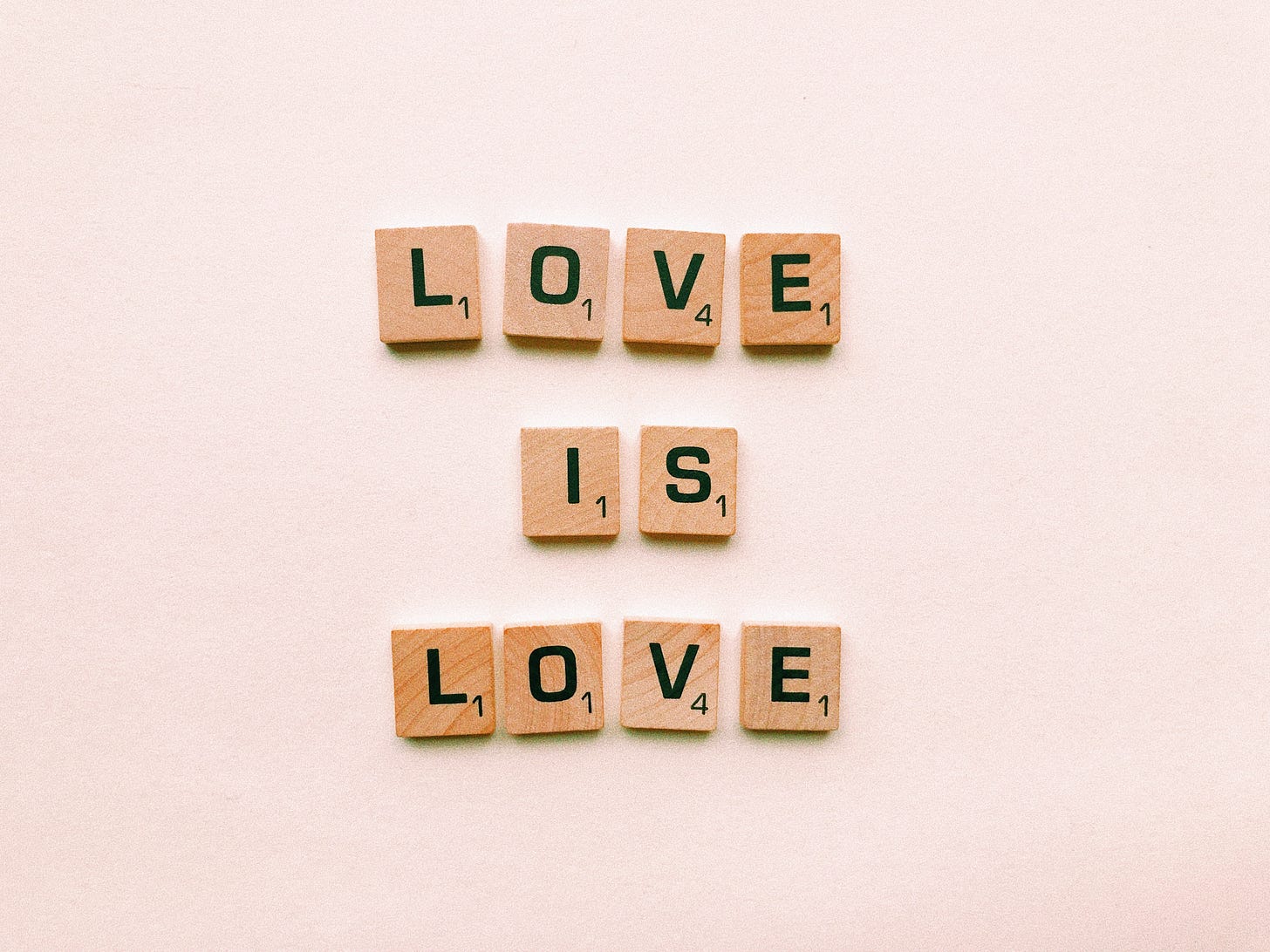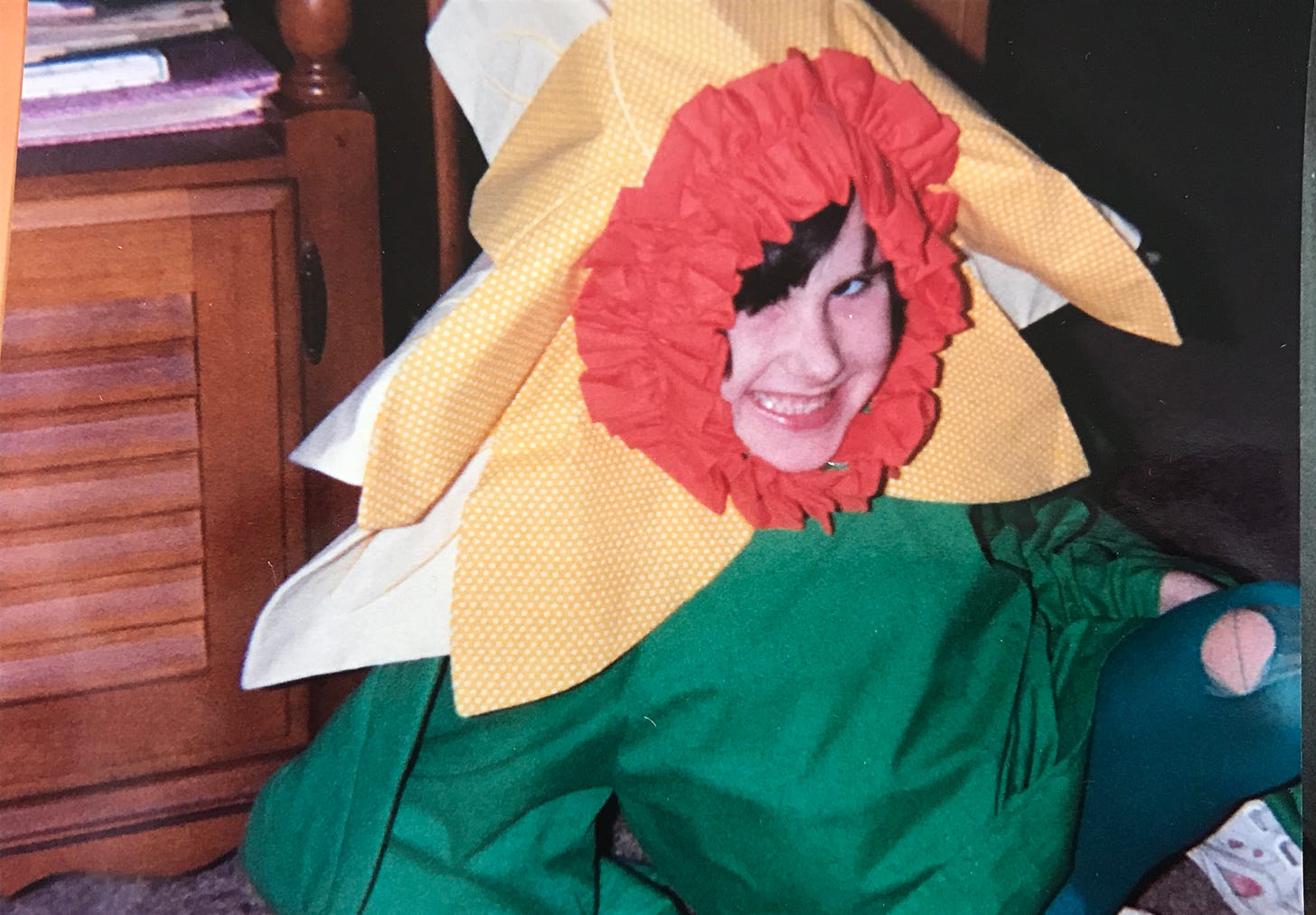Do Autistic People Have Sex – The Truth About Autism & Sex
There is a misconception that Autistic People do not have sex or sexual urges. While this may be true for some Autistic People, many Autistic People DO enjoy sex.
Welcome back to another Founding Member Friday!
Every other Friday, a post like this (often on a more intimate and personal topic) will be brought to you by and for our Founding Members.
The first part of this post is always FREE to everyone here on Substack, and the ending of the post is ONLY available to our Founding Members (as thanks for the extra support they give to make this blog possible).
We currently have eleven Founding Members. I won’t put them on the spot today, but you know who you are. I can’t thank you enough for your support.
There is a misconception that Autistic People do not have sex or sexual urges. While this may be true for some Autistic People (because sex is a spectrum with Autistics, just like it is for non-autistic people), many Autistic People DO enjoy sex.
Autistic people run the sexual gamut from hypersexual to asexual.
While some evidence suggests that many self-identified asexuals have a formal Autism diagnosis, Autistic People are just as likely to be hypersexual as they are asexual. Some Autistic individuals may even develop above-average interests in sex and sexual behaviors.
Because Autistic People are often hyper-sensitive or hypo-sensitive to various sensory stimuli, sex can be a wonderful sensory experience (or an overwhelming one).
Many sensory seekers will find pleasure in sex because it can be enjoyable as a pleasurable sensory activity. In fact, whenever I ask the question on social media, "What IS your favorite way to stim?" someone always says sex or self-pleasure.
This tendency for sensory fixation and seeking may be why Autistics are more likely to participate in both the Kink and BDS&M comminutes - these activities often involve sensory seeking.
IS this stimming?
Dictionary.com defines Stimming as the repetitive performance of certain physical movements or vocalizations, as a form of behavior by persons with autism or other neurodevelopmental conditions; self-stimulation. This behavior is thought to serve various functions, such as calming and expressing feelings.
I'll leave it up to you to decide if self-pleasuring in this way could be considered stimming, but I'm leaning towards yes, based on feedback from my community and the definition above.
Sex can be messy, slimy, smelly, hot, and wet, with a lot going on simultaneously.
While I find sex a fun and relaxing way to sensory seek, for some Autistic People, sensory aspects of sex are not pleasurable at all (and can even be overwhelming and off-putting).
Every Autistic person has very different sensory needs, a unique sensory profile, and different sensory things that they enjoy or must avoid, which likely plays a role in our experience of and desire for sexual activity.
Autistic People tend to live in extremes. We are all or nothing, and our sex lives are no different.
Throughout my life, I have gone through periods of both hyper and hypo sexuality, depending on multiple factors. True to my all-or-nothing fashion, I tend to be either REALLY into sex or not. There's rarely a middle ground with me.
This includes my experience of my sexuality and how I express my feelings and affections for other people.
I knew from a young age I was not straight.
Because I was raised in a home where it didn't matter what gender(s) of people you were attracted to, this part of my Queerness was a non-issue, so much so that I never officially "came out" to my family (because I didn't feel any need to explain or justify it).
From a young age, I was aware people outside the home may not be as accepting, but I didn't care much what those strangers thought of me. In fact, since I've always been a "rebel child," if something I did (that was nobody's business) pissed people off or made them uncomfortable, it made me like it even more.
My particular combination of AuDHD (Autism and combined hyperactive and inattentive ADHD) and Hyperlexia meant that I was never someone who could "blend in."
Additionally, since I'm Autistic, I've never fit neatly within the social constructs society offers me.
Social constructs are obstacles to my authentic expression. Time, calendars, gender roles, heteronormativity, monogamy, and how we treat children as lesser than adults, all of these constructs feel constricting - suffocating me. They don't make sense (to me), and I struggle to follow along with things that are not logical.
Monogamy is one social construct that has bothered me since I first became aware of it.
I knew from a young age (elementary school) that having to pick one partner for the rest of your life (or only one at a time) seemed unnatural (to me), and I was deeply troubled by the possessive and jealous nature of many monogamous relationships around me.
I was raised to be in tune with the natural world around me. My knowledge and understanding of the world's workings and spirituality come from observing and being in tune with animals and nature.
Based on my logical analysis of the natural world, monogamy (to me) seems unnatural and illogical. Here's why:
Monogamy is rare in the animal kingdom; only 3–9% of mammals (the group humans come from) are monogamous.
Even birds, who are more likely to be "monogamous," often only practice social monogamy. This means they cohabitate and raise young together but do NOT engage in sexual or genetic monogamy.
Though we once thought birds were purely monogamous and mated for life, absolute monogamy (social, sexual, and genetic) —is now considered an exception in birds.
Monogamy is even rarer in reptiles, amphibians, fish... and Autistic People? WHAT?
Research suggests that Autistic People are less likely to engage in traditional relationship structures and that we are more likely to be polyamorous or practice consensual non-monogamy and kink.
*Looks around at the other Autistics I know, personally... "Yep, that checks out!"*
Growing up, I was told I was "too loud," "obnoxious," "too much," "rebellious," "rambunctious," and "in your face."
Because of my active nature and inability to moderate myself (especially when I was younger), I was the kind of kid who drew attention to myself (even when I didn't want attention).
"You can't blend in when you were born to stand out." - R.J. Palacio
Growing up, it seemed like no matter what I did, people around me always thought I was acting "strange" or contrary. I didn't want to "stand out," but I didn't understand why others found me distracting and odd.
I was done trying (and failing) to "blend in" by the time I hit puberty.
I've never enjoyed the illusion of "normalcy" because "normal" is never a label I've been able to claim.
I was born to stand out, and though I tried to blend in for part of my life, even with my best efforts, I could not truly "pass" as NeuroTypical (without seriously harming my physical and mental health).
Maybe this is why I felt no need to hide my experience of being attracted to people, regardless of gender, because I was already "strange" in everyone else's eyes.
For a NeuroTypical, who is accepted for their true self (and not made an outcast by their NeuroType), normalcy is within reach.
For me, "normal" was never an option. People already thought I was "strange" or "off" from our initial interactions.
Like NeuroTypicals (and the rest of humanity), Autistic sexualities, attractions, and experiences run the entire sexual spectrum.
Because of these myths and misconceptions (that ALL Autistics will never have sex), Autistic People are often infantilized, leaving many young Autistics without proper sex education.
I grew up in Texas, where our sex education didn't teach ANY of us about how to have safe sex.
We were taught to abstain from sex until we were married, showed photos of STDs, and told stories of how teen pregnancy could ruin our lives as "sex education" (with horrible results).
Research shows that abstinence-only education does not lower adolescent birth rates.
The kids in my school were NOT abstaining from sexual activity, and because nobody taught us about "safe sex," most of us participated in risky, unprotected sex and other dangerous behaviors.
It's no wonder Texas and the other southern states that offer abstinence-only "sex education" have the country's highest teen birth rates (compared to states that provide REAL sexual education to their youth).
Abstinence-only education doesn't have excellent outcomes compared to when young people are adequately educated about safe and consensual sex.









